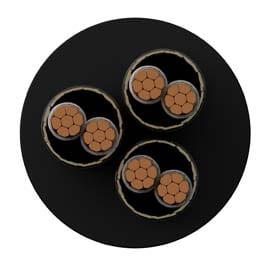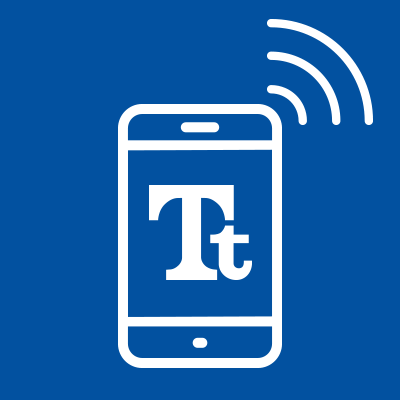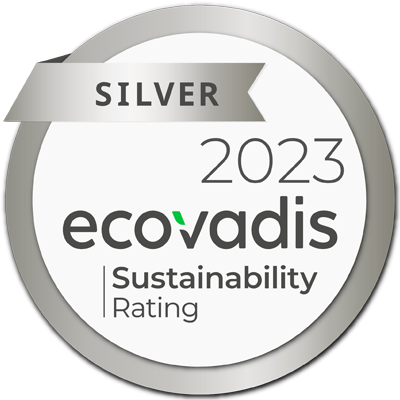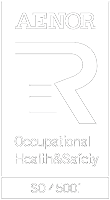TRATOS-MOD 02-527® – Multi Core Individually Screened

Defence Standard 02-527 (previously NES 527) Multicore Silicone-Glass Insulated, Individually screened, Special Tratos JBA® Limited Fire Hazard (LFH) Elastomeric Sheathed cable for Fire survival and High temperature Zones in Military Vessels
DEF STAN 02-527 fire survival cables incorporate silicone insulation, glass fibre braid and lacquered LFH (Limited Fire Hazard) cores with Special Tratos JBA® Limited Fire Hazard (LFH) Elastomeric Sheath for reduced levels of smoke and toxic fumes in the event of a fire.
DEF 02-527 cables are also designed to be installed and used in high temperature zones in Ministry of Defence (MOD) Naval Vessels.
These cables are constructed to be compact and circular and are designed to withstand the conditions of revving, temporary support and glanding into equipment and through bulkheads, that are accepted practices in the shipbuilding (surface vessels and submarines) and ship fitting industry.
These silicone insulated, glass fibre braid and lacquered cables are suitable for continued use within the temperature range -30°C to +105°C . The lower temperature limit refers to weatherdeck applications under ‘arctic’ conditions, and the maximum continuous conductor temperature to the combination of ambient temperature and temperature rise due to maximum current flow. The maximum continuous conductor temperature is to be 105°C .
In the event of a fire after combustion a residue of pure silica is produced contained within the glass fibre braid and this allows the cables to continue to function for a limited period of time.
Each individual cable has a unique NATO Stock Number, or National Stock Number (NSN) as it is known in the United States of America (USA).
The Nato Stock Number (NSN), nominal conductor area, nominal stranding and the conductor formations for these types of cables are detailed in DEF STAN 02-527, table C6.
STANDARDS
DEF STAN 02-527 (formerly NES 527)

Contact us:
Tel: +44 20 3148 5178
e-mail: sales@tratosgroup.com
Please don’t hesitate to contact us if you need additional information about our products.
Catalogues
Application
DEF STAN 02-527 Fire survival cable types are typically used for Fire survival and in High temperature zones control and instrumentation circuits in Her Majesty’s surface ships and submarines where a high level of electrical screening is required. They are installed where the cable is required to retain circuit integrity in the event of fire, alarm and shutdown systems and used in high temperature zone fixed applications, suitable for use where fuel, lubricating oils, hydraulic fluids and water are present.CONSTRUCTION
CONDUCTOR
- Tinned annealed copper wire stranded conductor (class 2) according to BS EN 60228
INSULATION
- Silicone rubber insulation + glass fibre braid and lacquer
- Core Identification: Number printed
- Core number printed for Identification
CORE ASSEMBLY
- Cores are laid up helically in layers
OUTER SHEATH
- Special Tratos Defence JBA® Black LFH elastomeric compound according to Defence Standard 61-12 part 31
- Cable sheath marking + Tratos + year of manufacture + Def Stan 02-527 + Last seven digits of the NSN number"
Standards
Technical Specifications
FIRE PERFORMANCE
- Flammability of Core – BS EN 60332-1-2
- Fire Test Flammability of Cable (a) – BS EN 60332-1-2
- Fire Test Flammability of Cable (b) – BS EN 60332-3-22 as modified by DEF STAN 02-527
- Fire survival – IEC 60331-11 as modified by DEF STAN 02-527
In addition, the outer sheath also displays the following characteristics:
- Minimum oxygen index: 30%
- Minimum temperature index: 250°C
CABLE PROPERTIES
- Voltage Rating: 440 V (rms sinusoidal) between cores and earth/screens and be suitable for use on systems in which the frequency of supply is up to and including 400 Hz.
- Service life 40,000 hours at a continuous conductor temperature of 105°C
- These cables are suitable for use at conductor temperatures from -30°C to +105°C.
- The lower temperature limit refers to weatherdeck applications under ‘arctic’ conditions, and the maximum continuous conductor temperature limit to the combination of ambient temperature and temperature rise due to maximum current flow.
Contact us
Please, don’t hesitate to contact us for additional information on our company or our products.
Related Case Studies
Other News
-
Tratos Cavi Wins BTOB Award for Innovation
-
Egidio Capaccini Award 2024 edition
-
Tratos Cavi acquires AFL Telecommunications GmbH's German Plant
-
Tratos Visits CEECATL-China
-
Tratos Group Leaders Participated in ROG.e 2024 in Brazil
-
Tratos Receives Aenor Third-Party Certification for Gender Equality
-
Tratos Cavi, Italian Multinational Leader in the Sector, Acquires Endurance Telnet, Dedicated to Fibre Optic Cable Production
-
Tratos Announces Strategic Expansions and Technological Innovations









